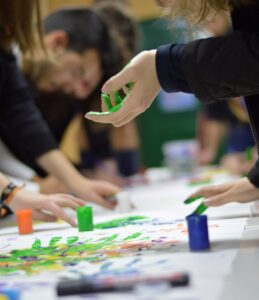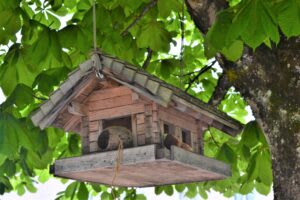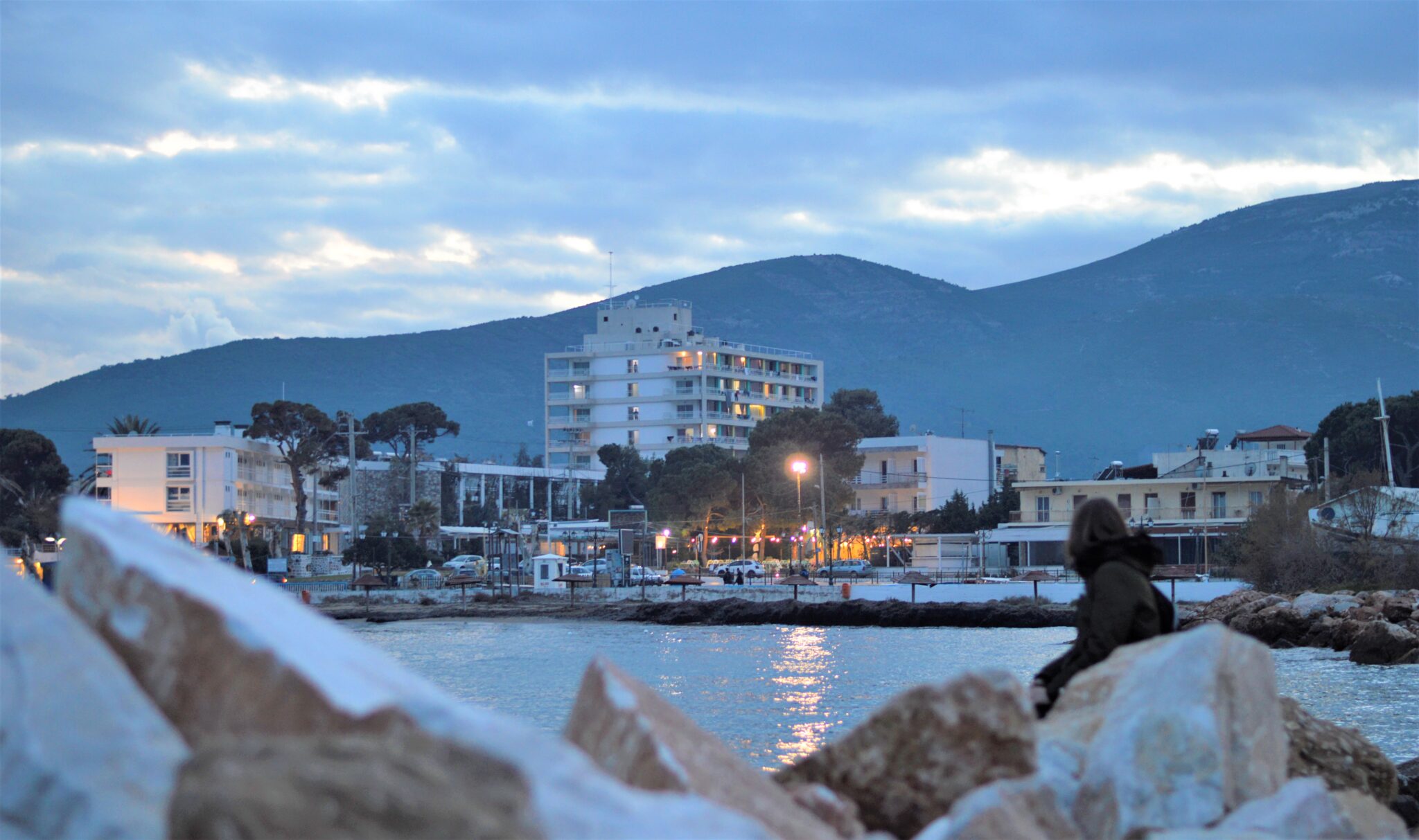We’ve all heard the phrase “eat like a local”, “find a local tour guide”, “discover this place like a local” or any other of these attractive tourism slogans. But how do we actually define that?
What is a local?
Some would say you are a local when you “know the drill” of a place – where to find the most fresh and tasty food, where to have the best coffee, where you can see the most beautiful sunset, where to go if you need any kind of help and what places to avoid. Does it all stop here though?

If you were living abroad for any period of time, or even changed your home at some point in your life, you have maybe experienced this question, alongside the uncertainty of when you actually started to be part of the new place. So, when do you stop being a new-comer or a simple traveler and start calling a place your own?
From a psychological point of view, you might be a local of some place when you’ve spent there one or more important stages of your life or events which influenced you, shaped your values, your personality or your mentality.
From a social point of view, you are a local when you are part of the local community, within which there is a deeper connection centered on memory.
The historians from L’École des Annales consider you truly are a part of the community when you forget and remember the same things as everyone else, which means to know the present and the past of the place at least as much as the people who were born there. For example, you might hear from the news about a big event in Hamburg, but if you don’t hear it from the people there, or if you don’t experience it your own, you won’t have the local perception of it, which is more natural. The local people might remember different things and images from that event, according to their relevance and viewed through their own social, ideological or political filters.

From another point of view, being a local might start only when you are an active part of this community, meaning when you have a direct impact – smaller or bigger – on some of the people there, when you leave your fingerprints in some way, contributing to the general good – for example volunteering, becoming part of an organization, even paying taxes.
All these aspects build up on each other, contributing both to your inclusion in the community and to appropriating the place within you.
But what are these physical borders of being a local? Do they stop around a quarter of the city where you live, are they the ones of the city itself or do they spread even beyond, reaching a region of a country? Does being a local make you familiar with the country as a whole? How about multiple places, can you be a local of many places in the same time?
Writer and photographer Taiye Selasi dived deep into these questions. She has Nigerian and Ghanaian roots, was born in London and raised in Boston, now living in Rome and Berlin. In her TED Talk she explains the definition and importance of knowing where you are a local focusing on three main areas: relations, rituals and relationships.
Truth is, you can find a lot of explanations and points of view on this topic but after all, being a local is something very personal, which we experience differently. In the end, it is important not to be a local, but to feel like a local, to make yourself at home. Which brings us to the next big question…
What is home?
It seems easy at first to answer. We can simply search for places we actually call home at the present moment. But, is this simple answer that comes into our minds at first the full picture? Is home only a place, or is it more than that? What else can it be?
A person usually calls their home the place where they live in the moment, and also the place(s) where they grew up and/or still have parents or grandparents that welcome them. You meet them and ask: where do you live? The first thought is to tell you the neighborhood or the street they live on, and if they’re your friends, an invitation to that place.

But haven’t you called home other places where you lived for some time? Haven’t you spent months or years in dormitories as a student or in projects abroad? When you were going back to your sleeping place, how were you referring it to? Of course, not all are qualified to be named ‘homes’, but some of them were at that moment. Did they stop being your home after you left them? And what exactly qualifies a place to be called that?
It is difficult to point to what exactly makes something home. Maybe this collection of criteria can help you identify your own homes. At least two or three might be enough, but sometimes more are needed:
- Have you lived in this place for more than a few weeks?
- Is this place comfortable to live in, does it offer proper protection from the perils of outside?
- Does it offer you peace of mind and soul, is it in a spot that is dear to you?
- Do you have somebody to return to inside?
- Does your working place or your university sit close to it, or at least can you easily commute to them?
- Can you control your environment, e.g. bring a pet, or stick a wallpaper inside?
- Do you have friends nearby?
- Can you bring friends and have a good time with them there?
- Did something really important to your course of life happen while you were living there?

A little personal experiment
It turns out that home is more a feeling than a place. As any feeling, it is difficult to figure out what exactly caused it, but these criteria above might help you. In addition, here is a little experiment which you can do right now. At the end, you might look at your past, present and future homes with different eyes. 🙂
Take a piece of paper and a pen. Write down a list of places which you call or used to call home, which influenced you in important stages of your life or where you felt you belonged even if you did not get to spend too much time there. You can use the criteria above or just guide yourself by your feelings. Don’t rush the process. Take your time to go through all the periods of your life, from the very early childhood to the present moment.
Transform this list into a graphical representation. Don’t think it over, just spread around the paper all these places, while keeping a connection between them which makes sense for you. Use colors, symbols or anything you feel like. Leave some empty space – this is for your future homes.
When you finish take some time to analyze it. This is your personal map, with addresses pointing to the most important places of your life, where you have been, to different levels, a local; places which shaped you, which witnessed many beautiful moments of your life, but also critical moments, your growth, changes; places full of tender memories, peace, comfort, care and love. How does it make you feel?

